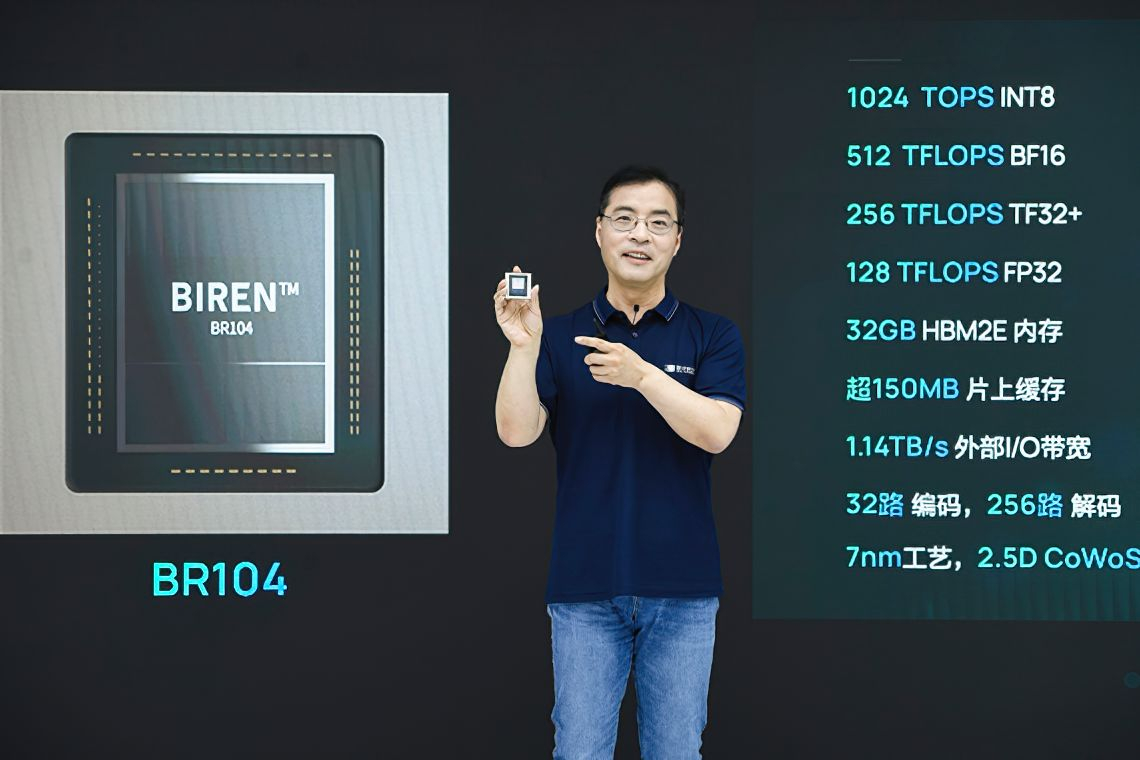Bloomberg reports that Biren Technology, a Chinese AI GPU designer, has secured a ¥2 billion (approximately $280 million USD) investment from investors backed by the Guangzhou government. This funding comes after Biren's inclusion in the U.S. government's Entity List over a year ago and subsequent cost-cutting measures, including staff layoffs. The $280 million investment is expected to provide the company with sufficient funds for its ongoing operations.

Additionally, Biren is in talks with Hong Kong for further financing and is considering establishing a regional presence. With Chinese companies facing challenges in obtaining high-performance AI processors from overseas, Biren stands to benefit from increased demand for its chips from Chinese cloud service providers and enterprises. As a result, the company is likely to continue receiving investments from Chinese backers. Biren had also explored the possibility of listing on the Hong Kong stock exchange earlier this year.
Biren's placement on the U.S. Department of Commerce's Entity List presented significant hurdles for the company, particularly in terms of restricting its access to TSMC's cutting-edge process technologies. This has led Biren to focus on ensuring a consistent supply of its AI GPUs, potentially turning to China-based fab SMIC for production. To achieve this, Biren may need to redesign its BR104 ASIC for SMIC's 2nd generation 7nm-class process technology or develop a new chip from the ground up. However, the competitiveness of a Biren ASIC manufactured by SMIC compared to its BR104 produced by TSMC remains uncertain.
The funding and expansion endeavors of Biren reflect a broader trend in the Chinese technology industry, with major companies like Baidu redirecting their focus toward domestic AI chip providers in response to increasing U.S. restrictions on China's access to advanced semiconductor technology. Biren is one of several Chinese startups, including Moore Threads, that are receiving increased attention and investments from Chinese backers in light of the U.S. crackdown on China's semiconductor industry, specifically in AI and HPC processors.







